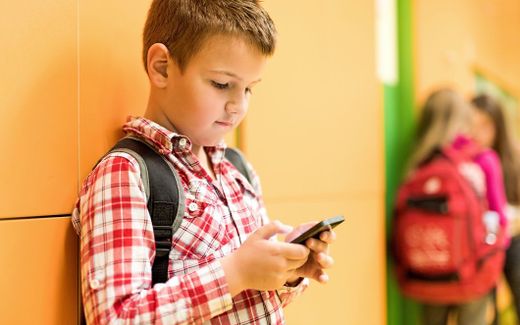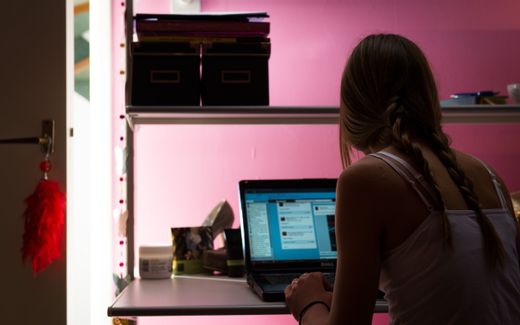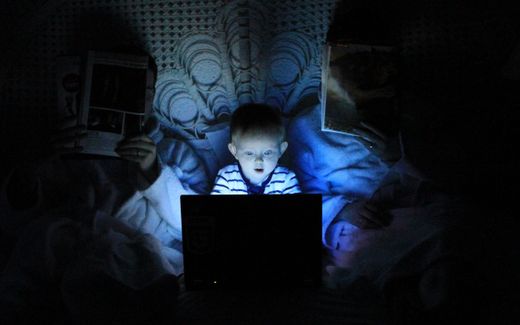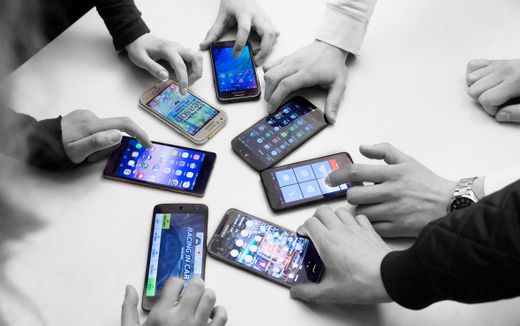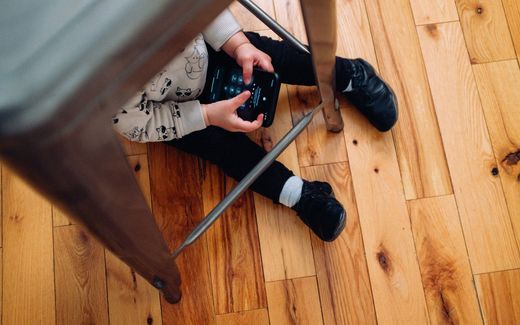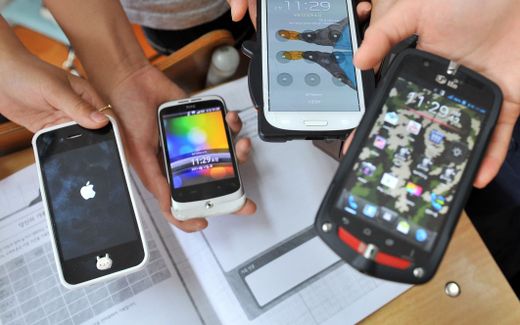The Netherlands bans smartphone from primary schools
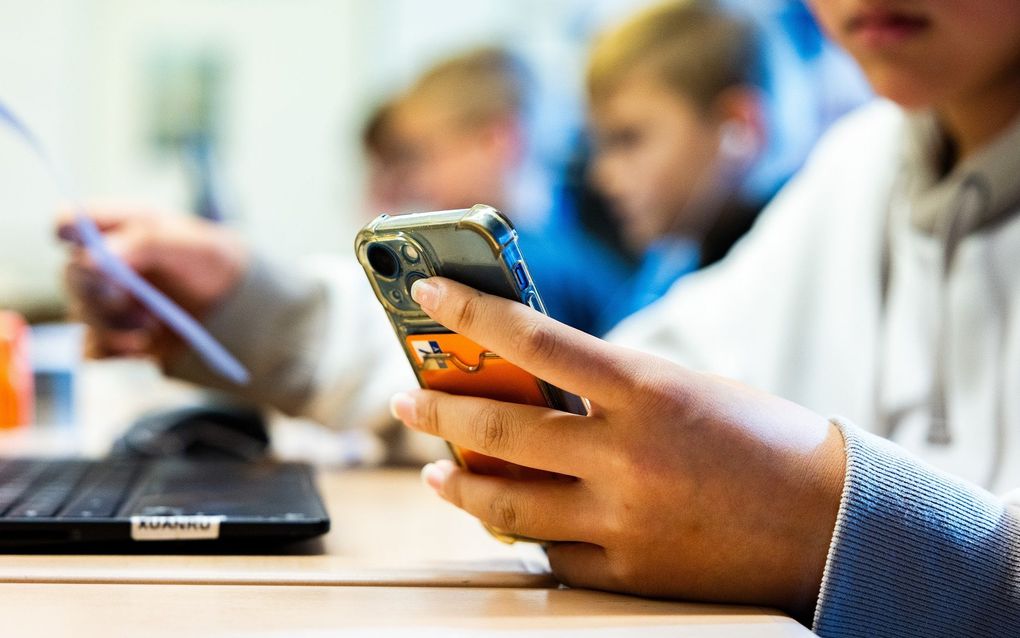
Primary school students with their smartphone in the classroom. This will no longer be allowed at Dutch primary schools and schools for pupils with special needs. Photo ANP, Jeffrey Groeneweg
Western Europe
Next school year, both primary schools and schools for children with special needs must ban smartphones from their classrooms. That is an order of the Dutch Education Minister Mariëlle Paul. A Danish survey confirms the negative impact of screens on children.
Even though the ban will not be implemented by law, the Minister has signed several agreements with the education branche, Paul says to the Dutch Parliament. Now, it is up to teachers, parents and pupils to discuss how such a ban can be implemented in practice, the Dutch broadcaster NOS reports.
According to Thijs den Otter, there are no consequences if schools do not implement a ban on smartphones in the classroom. Den Otter is the spokesperson for what is known as the PO Council, which represents the interests of primary schools. One of the other agreements with the Minister is that pupils may use their smartphones if the teacher asks them to in class, for example, when they play a quiz or attend a lesson about digital skills.
According to Den Otter, there are no official statistics on how widespread the use of mobile phones at primary schools is. At the same time, he says that almost all 11- and 12-year-old pupils have one.
Limited
However, the negative consequences of a smartphone for children are not limited to school, a Danish survey from the Children's Rights National Association shows. Researchers say that the answers are "thought-provoking" and "scary", Berlinske reports.
The smartphone accompanies children to the dining table and during their bedtime ritual. "I was scared when I read the results. Children's development completely depends on them having a lot of interactions where they can see the adults' facial expressions", Louise Klinge tells Berlingske. Klinge is an expert on children's screen use, as she has conducted research on it for several years.
Meals
The Children's Rights National Association questioned over 500 children between four and six years old about their experiences with screens at home. From their answers, the researchers conclude that children spend almost as much time looking at a screen as their parents do. "Danish children are in daycare for seven to eight hours every day, so a large part of their awake time with their parents is spent on screens", says Malene Angelo, a child psychologist at the Association.
Children use their phones, especially during meals and when it is time for bed. That can be harmful to their development, the researchers worry. Meals can be important family time, Angelo points out. "Children need times of the day when they experience the presence and love of their parents", she adds. "Parents need to think whether screen use stands in the way of children's basic need to feel together with their family."
In addition, children learn important skills during the meal, such as sitting on a chair quietly and listening to each other. Smartphones can disturb this process, Angelo says.
Klinge agrees. In addition, she points out that staring at a screen during a meal harms children's social development. "We develop through contact with each other through reading facial expressions. So you cut off a lot of development opportunities when the children sit at a meal and stare at a screen."
Nervous system
Taking a smartphone to bed can even have physical consequences for children. Both experts point out that screen use harms children's bodies and nervous systems. "Cuddle time is precisely about relaxing after a day filled with activities and stimuli. They need to calm down", Klinge explains. However, a screen only provides children with more stimuli.
Therefore, both experts encourage parents to set clear boundaries for their children's smartphone use. "Children need to learn to be able to share their thoughts, experiences and feelings with their parents. That is why it is so important that screens don't take the place of that opportunity to be present", Angelo points out.
Taking away the phone from your children may not always be easy for parents, Klinge acknowledges. However, she believes that it is necessary. "Contributing to your child's development and well-being does not mean that the child always smiles and agrees with us. You have to know the difference between desire and need."
France
Society seems to have become more aware of the negative impact of smartphones on minors. Earlier, secondary schools in the Netherlands decided, together with the Education Minister, to ban smartphones from the classrooms. At the end of the school year 2024-2025, there will be an evaluation of the ban.
France already banned the smartphone from its classrooms in 2018, NRC reports. In addition, Sweden and Italy know a smartphone ban at schools.
Related Articles


